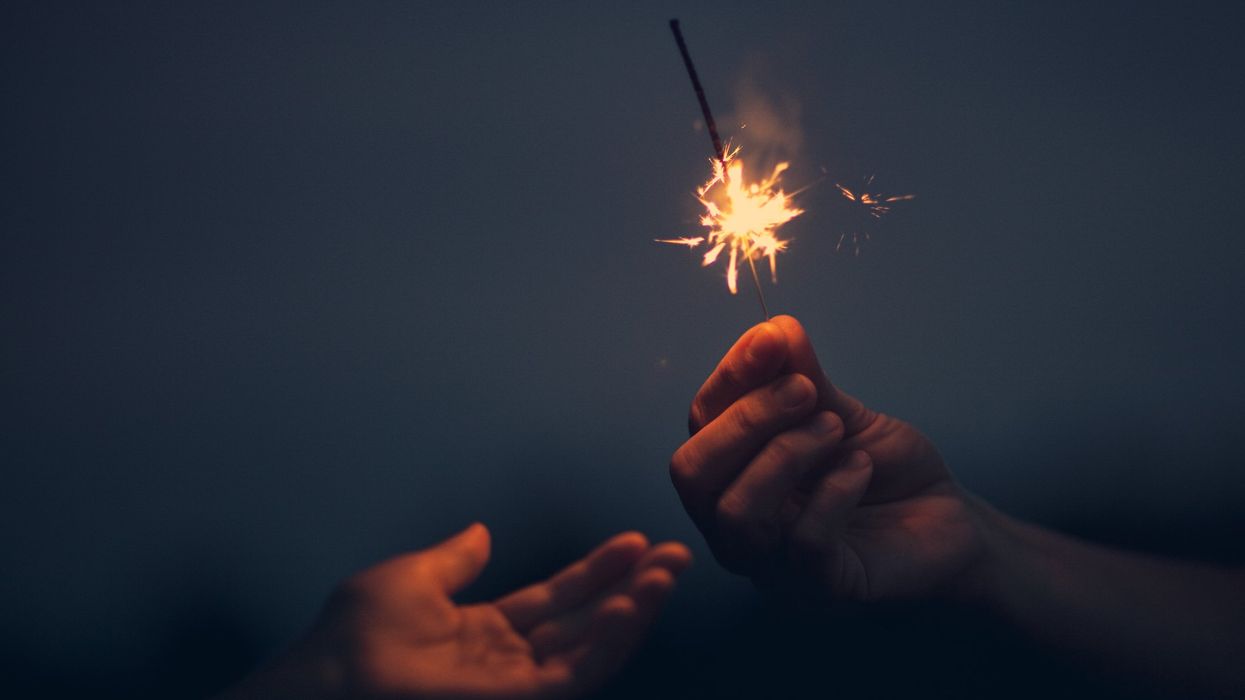Once again, the Fourth of July rolls around with its arsenal of rituals—flags whipped by summer wind, fireworks pulsing in the night sky, the smoky tang of barbecue curling above backyards and city parks. On paper, the day is pure celebration: independence won, liberty enshrined, a nation’s ongoing promise to itself. But if you look closely—if you listen to the conversations at the edge of the parade or watch who stands comfortably in the light and who lingers in the shadows—the holiday reveals something far more complicated.
One doesn’t have to look hard to see that our independence, while hard-fought, is also unfinished. The United States was born with a contradiction at its heart: the ringing declaration that “all men are created equal,” written and ratified by men who held others in bondage. Every July, we drape those words across our lawns and our hearts, but how often do we pause to grapple with their incomplete fulfillment?
In this peculiar season, when the country feels as fractured as I’ve ever seen it, the pageantry of the Fourth can feel almost surreal. The very notion of freedom is up for debate, its meaning stretched and battered by a thousand competing interests. Voting rights are being chipped away in some states, while the right to live free of violence is a daily struggle in communities of color. Even the simple act of teaching the truth about our past—about enslavement, displacement, and resistance—has become a battleground.
America continues to be a work in progress. Borrowing from Barack Obama, she is a nation that stumbles forward, never quite as good as its ideals, but never entirely giving up on them either. Sometimes, I wish we’d sit with that unfinishedness a little longer. Independence Day too often becomes a performance, a celebration that papers over the cracks. We tell ourselves stories about unity, about exceptionalism, about the slow but certain arc of justice. It’s impossible to ignore the way that arc keeps getting bent—sometimes backwards—by those who profit from division.
Our democracy, so often described as sturdy and enduring, is showing signs of fatigue. Laws meant to include are rewritten to exclude. Protesters are met with indifference or outright hostility. The language of “freedom” is used to justify the silencing of dissent and the erasure of inconvenient histories. The very systems that were supposed to safeguard our rights are now, in some places, being weaponized against them.
Personally, I’m drawn to the notion of bearing witness, not just to what is, but to what ought to be. Independence Day, in its best form, should be an act of collective remembrance and recommitment, not just a party. We need to remember that freedom is not static, nor is it evenly distributed. We need to recommit to the labor of making liberty real for everyone, especially those for whom the promise of independence still rings hollow.
Spiritually, we are called to a kind of holy unrest. Holy unrest is a refusal to accept the world as it is, when we know what it could be. In Christian tradition, Jesus didn’t hand out only comfort. Often, Jesus demanded uncomfortable truth. He called out the hypocrisy of the powerful, stood with the marginalized, and insisted on justice even when it cost him everything. That prophetic tradition asks something difficult of us: to look at our national story not with nostalgia but with honest eyes.
In my heart, I still love my country. I love its messiness, its stubborn hope, its capacity to surprise. To love America means abstaining from turning a blind eye to its wounds. Loving our dear republic means asking hard questions at the cookout. Above all, love of country requires telling the truth—about the people still locked out of the celebration, about the freedoms that remain unfulfilled, about the dangers of settling for easy myths.
This Fourth of July, I will sit with my family and watch the sky bloom with color. I will remember ancestors who waited for a freedom that was promised but delayed. I will think of the children growing up in a country that is theirs but doesn’t always act like it. Let us not mistake celebration for completion. Let us remember, and let us work.
Rev. Dr. F. Willis Johnson is a spiritual entrepreneur, author, scholar-practioner whose leadership and strategies around social and racial justice issues are nationally recognized and applied.




















Trump & Hegseth gave Mark Kelly a huge 2028 gift